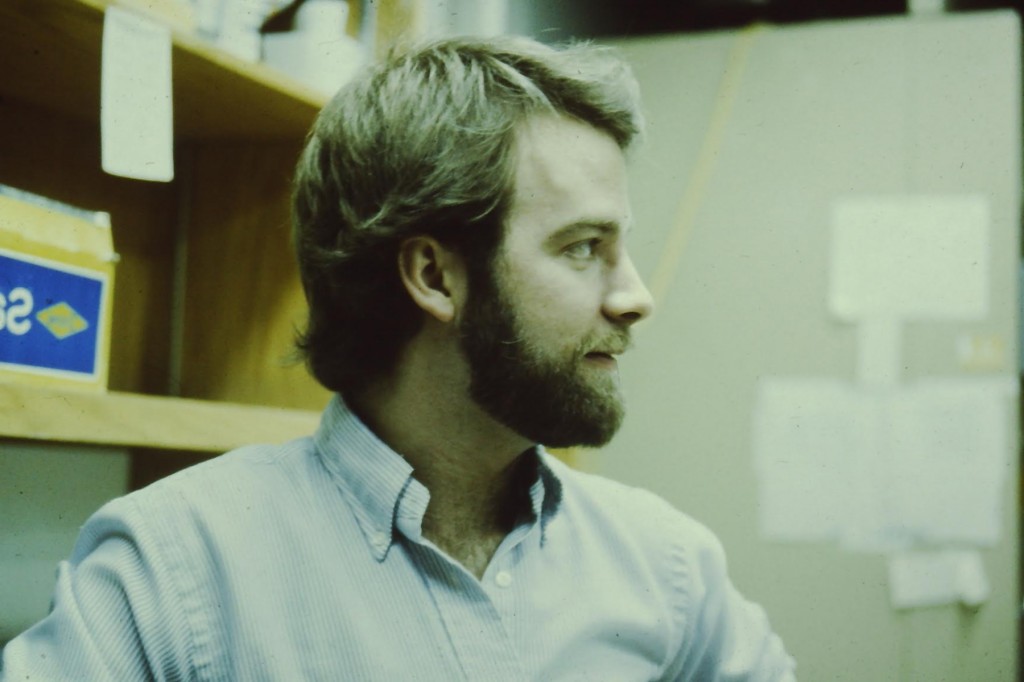NIH study seeks genetic links to answer the “Why?” of unexplained disorders
Huntsville, Ala — Even in the absence of a ready solution, knowing why a child faces physical, emotional and intellectual challenges is helpful to physicians and families. Researchers at the HudsonAlpha Institute for Biotechnology are using high throughput genomic sequencing to meet major diagnostic needs for childhood genetic disorders through a multi-year grant potentially totaling more than $7.6 million from the National Institutes of Health.
“Many families and caregivers spend a tremendous amount of time and money seeing different physicians and ending up with no clear explanation of the disorder affecting their child, what has been referred to as a ‘diagnostic odyssey’,” said Rick Myers, Ph.D., president and director of HudsonAlpha. “If a genetic link is discovered that can explain the disorder, then perhaps doctors will be able to better advise and treat the affected child or connect the family with additional resources including other families facing similar circumstances.” Myers, lead investigator on the collaborative project that includes the University of Alabama at Birmingham and the University of Louisville, said this is one of the largest such studies undertaken.
Myers, along with HudsonAlpha faculty investigators Greg Barsh, M.D., Ph.D., Greg Cooper, Ph.D., Neil Lamb, Ph.D, and Shawn Levy, Ph.D., and genetic counselor Kelly East, are working with physicians, scientists and genetic counselors at partner institutions using samples from hundreds of North Alabama children and their families. “We are looking at both the DNA of affected children, as well as their parents,” said Myers. “By comparing results in the child with those of the biological parents, we hope to discover changes in DNA that may be responsible for the disorder.” The large number of samples, he added, may also help link different mutations to varying degrees of symptoms.
Martina Bebin, M.D., a clinician at the North Alabama Children’s Specialists in Huntsville and a UAB researcher and professor, is coordinating and collecting samples.
The innovative study also examines the impact of genetic testing results on individuals. “As the cost of genomic sequencing lowers and enables more frequent clinical use, ethical, legal and social consequences of genetic information escalates,” said Myers. “How to deliver information so it does good and not harm is a huge part of this effort.”
To facilitate helpful communications, Lamb, vice president for educational outreach at HudsonAlpha, will develop resources for physicians and patients. The University of Louisville’s Kyle Brothers, M.D., will establish metrics to measure and report resource effectiveness.
The study grant is part of the NIH’s Clinical Sequencing Exploratory Research program under the direction of the National Human Genome Research Institute. CSER supports both the methods development needed to integrate sequencing into the clinic and the ethical and psychosocial research required to responsibly apply personal genomic sequence data to medical care.
For information on additional grants awarded by NHGRI, click here.
About HudsonAlpha
The HudsonAlpha Institute for Biotechnology in Huntsville, Alabama, is the cornerstone of the Cummings Research Park Biotechnology Campus. The campus hosts a synergistic cluster of life sciences talent – science, education and business professionals – that promises collaborative innovation to turn knowledge and ideas into commercial products and services for improving human health and strengthening Alabama’s progressively diverse economy. The non-profit institute is housed in a state-of-the-art, 270,000 square-ft. facility strategically located in the nation’s second largest research park. HudsonAlpha has a three-fold mission of genomic research, economic development and educational outreach.

